The Nuclear Temptation: Saudi Arabia, Israel, Iran and the Bomb
It began as an exemption. The use of atomic weapons against Japan in August 1945 by the United States signaled the use, not merely of an extraordinary weapon of destruction, but also its irresistible allure. Intricate steps and agreements have been forged in an attempt to restrict the means by which countries acquire “the bomb” or the nuclear option. If they cannot be badgered and harangued into a legal regime of control, they can at least be demonized as improper agents in pursuit of power.
This is the acceptable hypocrisy of armaments control: we have them so that you can’t; don’t acquire them, because you are incapable of controlling them. The greatest proponent of this is Israel: a country that has embraced the nuclear option in terms of legal exceptionality, that great exemption that tolerates its status as a country within and without international law. It neither accepts nor denies having them, but refuses to allow regional powers to acquire them.
To maintain this contrived status quo, Israel regularly threatens the sovereignty of its neighbors with risks of preemptive strikes, something which it has undertaken against Syria and Iraq. Iran looms large in the power equation.
The permanent five on the United Nations Security Council (UNSC) have had their moments of deviation from nuclear oligopoly. France, for one, has passed nuclear technology on to Iran, though the suggestion here is that such a transfer was purely civilian. There was also involvement, at stages, with Iraq. And the latest bout of flirtatiousness regarding the nuclear option is not so much Iran but Saudi Arabia in the event that Iran acquire nuclear weapons.
The Saudis have had a nuclear program on the cards for some time. In August 2009, the Saudi government made it clear that it was considering a nuclear power program. In April 2010, a royal decree was passed, claiming that, “The development of atomic energy is essential to meet the Kingdom’s growing requirements for energy to generate electricity, produce desalinated water and reduce reliance on depleting hydrocarbon resources.”
This is the sleek version of nuclear power: the atom saves, is environmentally sound, and is economically essential. In June 2011, the coordinator of scientific collaboration at the King Abdullah City for Nuclear Renewable Energy (KA-CARE) calculated that plans to construct 16 nuclear power reactors over the next 20 years would cost $80 billion, 300 billion riyals.
The upshot of this is that such nuclear programs can, given the security situation, develop a military wing. But the Saudi government has been rather sly. Rather than taking that route, it has cultivated relations with Pakistan in an arrangement that has the heads of international analysts spinning. Even in the 1990s, there were suggestions that Riyadh and Islamabad were cooking up arrangements for a nuclear deal. Saudi Arabian capital has seemingly found its way into the Pakistani nuclear weapons program, suggesting that Riyadh might well have some say as to how such weapons are used. Customers do have choices, and the weapons market is replete with choice.
A BBC Newsnight report on Thursday, November 7, 2013, was the trigger of further speculation. A NATO official was cited as suggesting that Pakistan had become something of a surrogate mother, creating the weapons for shipment to Saudi Arabia given the appropriate eventuality. These would involve missiles with deliverable warheads.
As tends to happen in these difficult and contorted paper trails, Israeli opinion is courted, with the former head of Israeli military intelligence, Amos Yadlin, suggesting that, if Iran got the bomb, “the Saudis will not wait one month. They already paid for the bomb, they will go to Pakistan and bring what they need to bring.”
US President Barack Obama’s former counter-proliferation advisor, Gary Samore, speculated that Riyadh had “some understanding with Pakistan that, in extremis [sic], they would have claim to acquire nuclear weapons from Pakistan.”
The Pakistanis certainly have form on this. The proliferation maestro, scientist Abdul Qader Khan, was captivated by the power of the buck in selling his knowledge on uranium enrichment centrifuges to North Korea and Libya. Pakistan may pride itself on stable controls over its nuclear program and is unlikely to give another government free rein over its weapons. It is more probable that Pakistan has given an assurance that such weapons would be used to protect Saudi interests.
Efforts to establish a regional nuclear-weapons free zone in the Middle East have so far failed, and were, in fact, directly referred to in a statement from the Saudi Embassy in London. The failure of that project, thus far, has made Saudi Arabia more insecure. It also peeved off the government sufficiently to rebuff offers of a seat on the UNSC.
Where there is a market, there will be buyers. The Middle East has been a volatile area of disagreement for millennia. The fear here is that the entire region risks embracing nukes before sense. But till the need for that market vanishes, we can expect more temptations, and more acquisitions of the nuclear military option.
Editor’s Notes: Photographs one, four, and six by Edward Musiak. Photograph three by Tony Case.
Related Articles


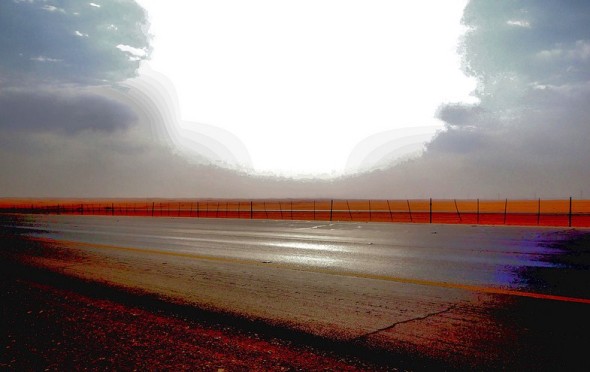
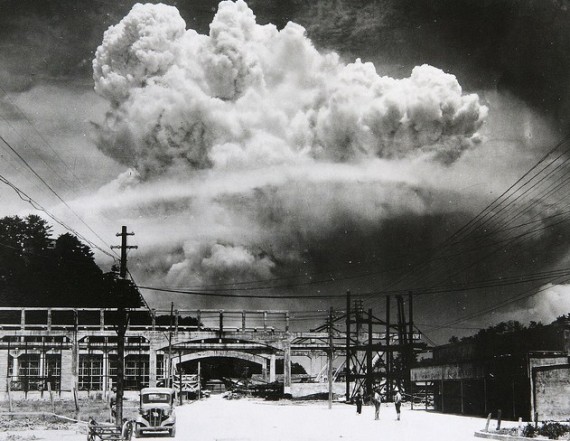
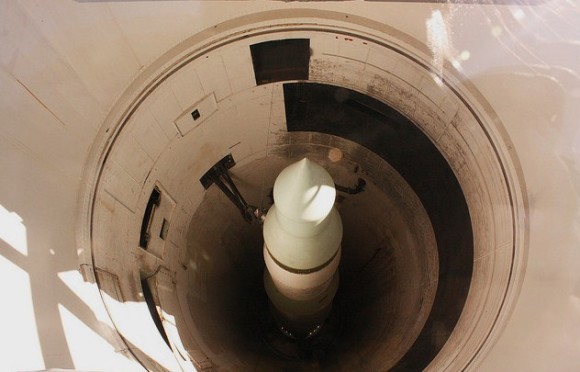
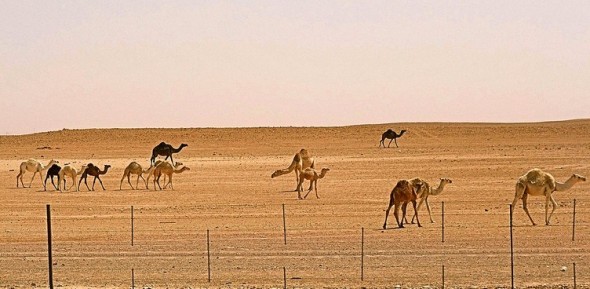
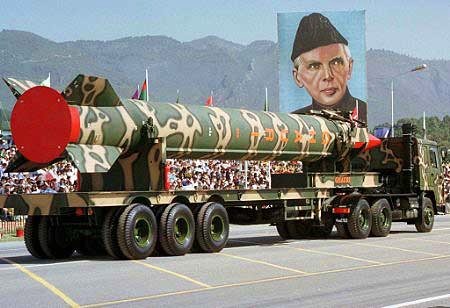












2 Responses to The Nuclear Temptation: Saudi Arabia, Israel, Iran and the Bomb
You must be logged in to post a comment Login